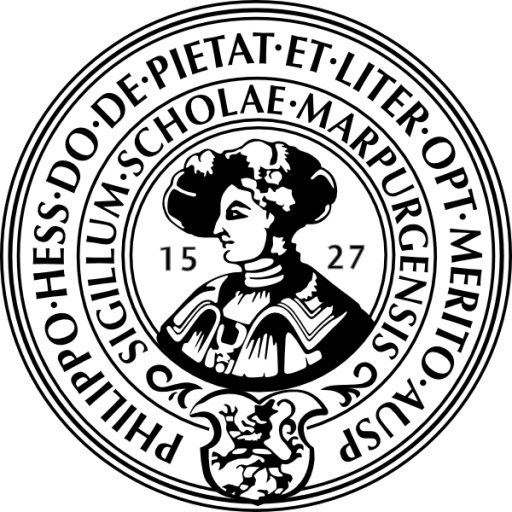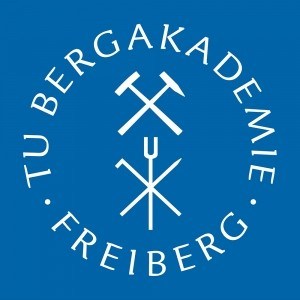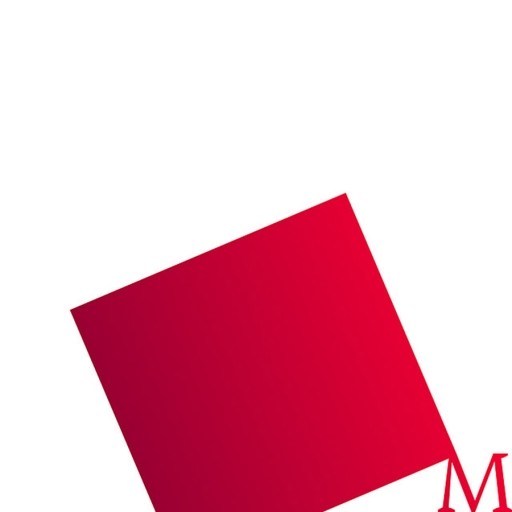Photos of university / #philippsunimarburg
The Master's degree program in Functional Materials at the University of Marburg offers an in-depth education in the design, synthesis, and application of advanced materials with specific functionalities. This interdisciplinary program combines principles from physics, chemistry, and materials science to prepare students for innovative solutions in various high-tech industries. Throughout the program, students explore the fundamental properties of materials such as conductivity, magnetism, optical activity, and chemical reactivity, focusing on their potential for practical applications. The curriculum includes a comprehensive coursework in solid-state physics, inorganic chemistry, nanotechnology, and materials characterization techniques, providing a solid foundation for understanding the behavior of complex materials at the atomic and molecular levels. Students also engage in practical laboratory work and research projects, allowing them to develop hands-on skills and apply theoretical knowledge to real-world problems. The program emphasizes sustainability and the development of environmentally friendly materials, aligning with current global challenges. Graduates of the Master's degree in Functional Materials are well-equipped for careers in research and development, academia, or industry sectors such as electronics, renewable energy, biotechnology, and materials manufacturing. The University of Marburg’s strong focus on interdisciplinary collaboration and cutting-edge research facilities ensures that students gain exposure to the latest advances in the field. This program aims to produce experts capable of contributing to technological innovation and societal progress through the development of novel functional materials.
Educational organisation
In addition to the fundamental and specialised courses, the programme offers hands-on lab projects in modern, well-equipped laboratories, and projects with international collaborators.Course objectives
The programme will qualify you for basic and applied research and development in the industry in the fields of nanotechnology, chemistry, electrical engineering and mechanical engineering. It also qualifies you for a later PhD programme and an academic career.Language requirements
If you are a native speaker, you do not need a language test; i.e. if you were born or grew up in one of these countries: USA, England, Australia, Ireland, English-speaking part of Canada, New Zealand.Furthermore, you do not need a language test if you obtained your Bachelor's degree from a university where teaching is conducted in English. For example, this applies to most universities in India or Pakistan.
Otherwise you need a proof of good English skills. We expect English language proficiency at level B2 of the "Common European Framework of Reference for Languages".
This corresponds to:
at least 87 points in an Internet-based TOEFL test
at least 227 points in a computer-based TOEFL test
at least 567 points in a paper-based TOEFL test
at least grade 5 in an IELTS test
at least 785 points in a TOEIC test
Academic requirements
You need to hold a good or very good Bachelor's degree in the area of natural science or engineering.If you have not completed your Bachelor's degree yet, you can also apply and get a conditional matriculation.
Please check the website for documents to submit.
http://www.uni-marburg.de/fb13/studium/studiengaenge/msc-fm/howtoapply/documentstosubmit
Enrolment fees
The university charges a registration fee of 50 EUR and student union fees. State law requires all students to be members of the student union. These fees entitle students to subsidised accommodation as well as meals and automatically include a free travel pass for public transport in most of the state of Hesse. In summer 2016, the student union dues amounted to approx. 313 EUR.For further information, see: http://www.uni-marburg.de/studium/studsek/studienformalitaeten/dues-administrative-fee.
Costs of living
Living costs depend on individual lifestyles and on regional prices. The Marburg foreigners' registration office ("Ausländerbehörde") requires international students to prove that they have at least 600-700 EUR per month at their disposal in order to cover their living costs.For further information, see: http://www.uni-marburg.de/studium-en/zas-en/finanzierung/index_html.
Job opportunities
Within certain legal limits, job opportunities are available for international students. Fluent German is required for most jobs. Employment for international students must be approved by the foreigners' registration office. There are hardly any legal restrictions on taking academic assistant jobs at the university.For further information on job opportunities and university career services, see: http://www.uni-marburg.de/studium-en/zas-en/finanzierung/Jobs.
Arrival support
Marburg is located 100 km north of Frankfurt and can easily be reached by plane, public transport, or by car. For detailed descriptions of the different routes to Marburg and to find one's way around the town, see: http://www.uni-marburg.de/studium-en/zas-en/arrivemr.Services and support for international students
Philipps-Universität Marburg offers an intensive one-week welcome and orientation programme for all new international students. It includes a variety of services such as practical help with authorities, setting up health insurance, and opening a bank account. It also includes cultural and social events and the opportunity to make initial contacts with fellow students. The second week is usually dedicated to orientation programmes organised by the faculties.Special services for doctoral candidates are provided by Marburg University Research Academy (MARA).
For further information, see:
http://www.uni-marburg.de/international-en/incoming?language_sync=1
http://www.uni-marburg.de/international-en/incoming/stud/prac/orient/index_html?set_language=en
Accommodation
The situation on the accommodation market in Marburg is not easy. However, the university assists international students in finding suitable and affordable accommodation.The Studentenwerk Marburg maintains 20 student residence halls with a total of 2,049 units. Apart from single rooms, there are 129 flats with two to three rooms for married couples. Only students registered at Philipps-Universität Marburg are entitled to a place in a residence hall. The Konrad Biesalski House, in which handicapped and non-handicapped students live together, offers round-the-clock assistance. There is a bus service and other services such as physiotherapeutic exercises and massage baths.
Many students live in private accommodation or shared flats. The supply of flats in the centre of Marburg is limited, especially in the Oberstadt, but the situation on the outskirts of Marburg and in the immediate vicinity is better. There are good bus connections (bus timetables are available in the Customer Centres of the Municipal Department of Works on Rudolphsplatz). Experience shows that demand is highest on the accommodation market at the beginning of each semester (April, October), so you should start looking for accommodation around the end of the previous semester (February, July) if possible.
For further information, see: http://www.uni-marburg.de/studium-en/zas-en/livinginmr/accommodation.









